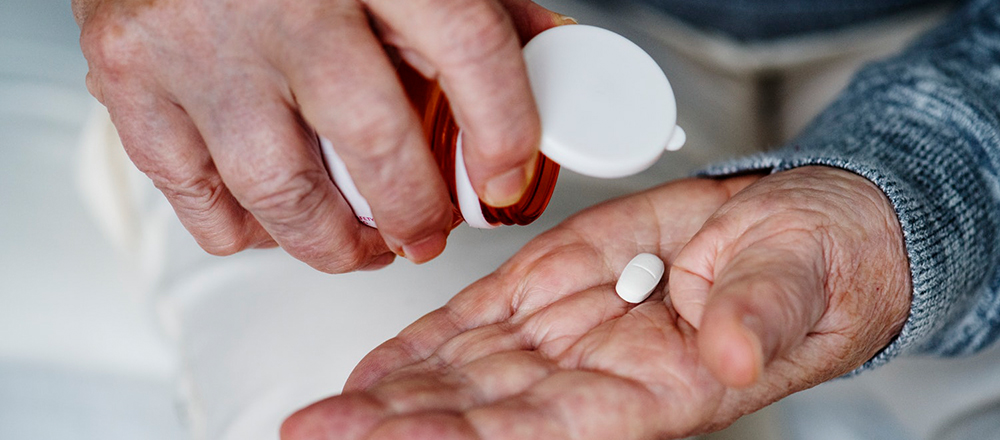
Polycystic ovary syndrome (PCOS) is a genetic condition that affects 10%-15% of women. Most women with PCOS may also experience conditions like insulin resistance, abdominal obesity and abnormally high cholesterol. The good news is PCOS can be managed by watching what you eat and making lifestyle changes.
Nourish Your Body
Many women with PCOS have a hard time losing weight due to impaired appetite signals. They often don't feel full after meals and go through the day feeling hungry. So, a focus on long-term, sustainable diet changes is key.
- Focus on fiber-rich carbohydrates, such as whole grains, fruits, vegetables, beans and legumes.
- Limit processed carbohydrates, including white flour, juice, sugary drinks, candy and pastries.
- Eat balanced meals consisting of protein, high-fiber carbohydrates and healthy fats.
- Stay hydrated with a minimum of 64 ounces of water daily.
If you are confused by diet information you find, our registered dietitians can help. Ask your primary care provider to refer you to our nutrition counseling services.
Get Quality Sleep
Make sleep a priority. Lack of sleep relates to weight gain and hormonal changes. Many sleep-deprived women crave processed carbohydrates and energy-dense foods. These foods can negatively affect insulin levels and cause weight gain for women with PCOS.
Sleep recommendations vary, but in general, strive for seven to nine hours. How do you know if you are getting enough sleep? Ask yourself if you feel productive, healthy and happy. If not, your body may need more sleep to feel rested.
Exercise Regularly
The benefits of exercise go beyond weight control. It can help improve:
- emotional health
- self-esteem
- insulin resistance
- fertility
- menstrual cycles
- overall feelings of well-being
Get at least 150 minutes of moderate aerobic activity per week, 75 minutes of vigorous aerobic activity per week, or a combination of both. Set a reachable daily goal. Work up toward the recommended amount by increasing your time gradually. North Kansas City Hospital offers exercise classes for all fitness levels.
Manage Stress
Everyone experiences stress sometimes, but chronic stress can be dangerous for those with PCOS. Stress can lead to depression, obesity and development of chronic conditions. The hormonal impact of PCOS can make stress more complicated. Women with PCOS who suffer from chronic stress have higher cortisol levels. This causes more cravings, leading to increased calorie intake. For this reason, stress management strategies are recommended in PCOS treatment.
Learn to Love Your Body
Most women may experience body dissatisfaction at some point. Women with PCOS feel less body satisfaction and experience higher rates of depression than women without it. Improving body image rather than losing weight should be the main goal.
Many women think looking a certain way will bring happiness, approval and value. Research shows that is not true. It is important to reject the idea that meeting beauty norms will bring happiness.
Making lifestyle changes can be hard at first, but it is well worth the effort. Enjoy a wide variety of whole foods, exercise, manage stress and rest. Most importantly, be kind to yourself.
Explore More
Polycystic Ovary Syndrome



